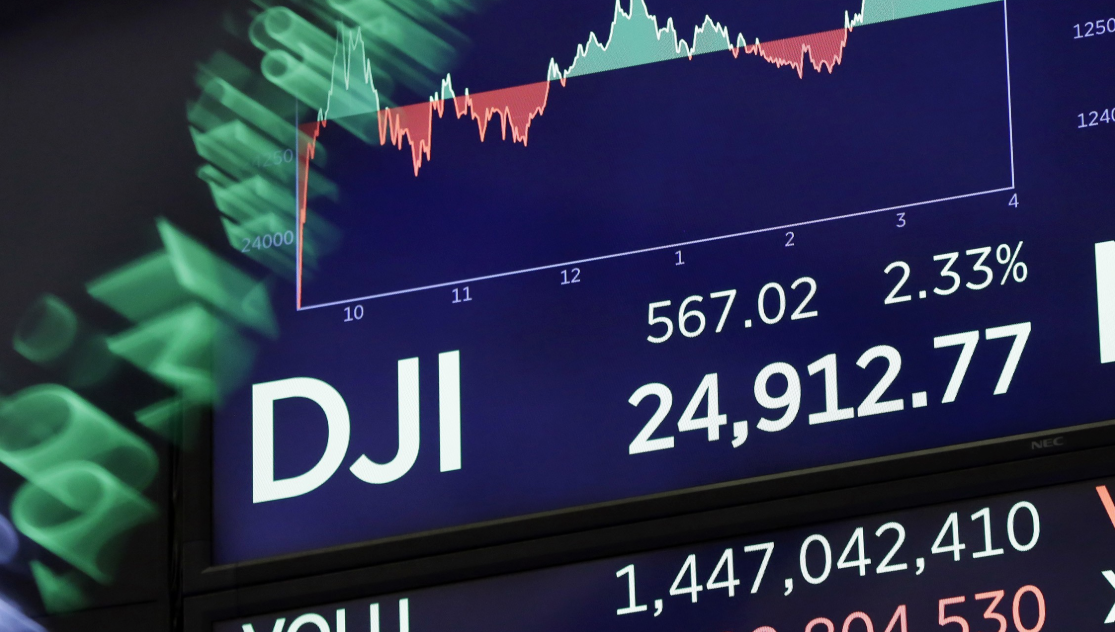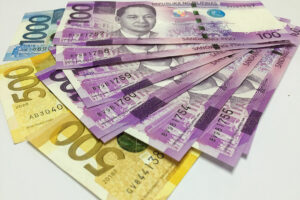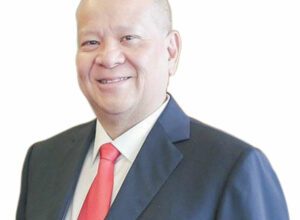BayaniPay reduces remittance costs for Fil-Ams

BayaniPay Inc., a California-based neobank launched March 17, reduces cross-border remittance costs for Filipino-Americans and other migrant professionals sending funds home by doing away with transaction fees.
Through a partnership, clients of the digital-only bank will also be able to transact at any of the branches of East West Bank (EWB), the largest Asian-American bank in the US.
“We call it omniservice, where any customer can walk into [our bank] and get the same exact service as anyone else” said Parker Shi, East West Bank executive vice president and chief operating officer. “We are looking at not only doing business in the US, but also serving Filipinos from the Philippines.”
Mr. Damarillo said serving immigrants is “one of the most underappreciated opportunities there is.”
“If you land the immigrants, it’s a very interesting opportunity moving forward,” he said at the hybrid launch.
The neobank reduces 30% of the friction cost of sending funds home by removing the transaction fee for the service, and only earning a margin on its “market-leading” exchange rates. Other remittance firms charge for both.
Apart from cross-border remittance payments, BayaniPay offers direct digital cash payments and EWB-powered debit cards. An emergency credit line is also in the pipeline.
“We co-designed this with merchant partners,” added Mr. Damarillo, describing the neobank’s direct pay function that it “copied” from Philippine e-wallets like GCash and PayMaya:
“You take your Bayani wallet, go to a grocery like Seafood City, present your QR code to the cash register, and do a regular transfer of funds. Merchants don’t have to pay fees to Visa and Mastercard.”
Seafood City, the largest Filipino-owned supermarket chain in the US, and BDO Unibank are among BayaniPay’s partners.
Mr. Damarillo, a Filipino-American and Silicon Valley veteran with three successful exits, moved to the US two decades ago to follow his now-wife, as well as to realize the American Dream.
“My parents put together all their dollars, sent me off to the airport, and wished me good luck,” he said. “[Mine] is not an uncommon story… The US delivered. I’m among the four million Pinoys in the US who have become an important part of the economy.”
Money sent home by Filipino migrants rose to $2.668 billion in January from $2.603 billion a year earlier, reflecting improving employment prospects abroad despite recent surges in coronavirus disease 2019 (COVID-19) infections.
The Filipino-American community is the third-largest Asian-American group in the US It accounted for $146 billion or 14.4 percent of the Asian-American market in 2019. — Patricia B. Mirasol




